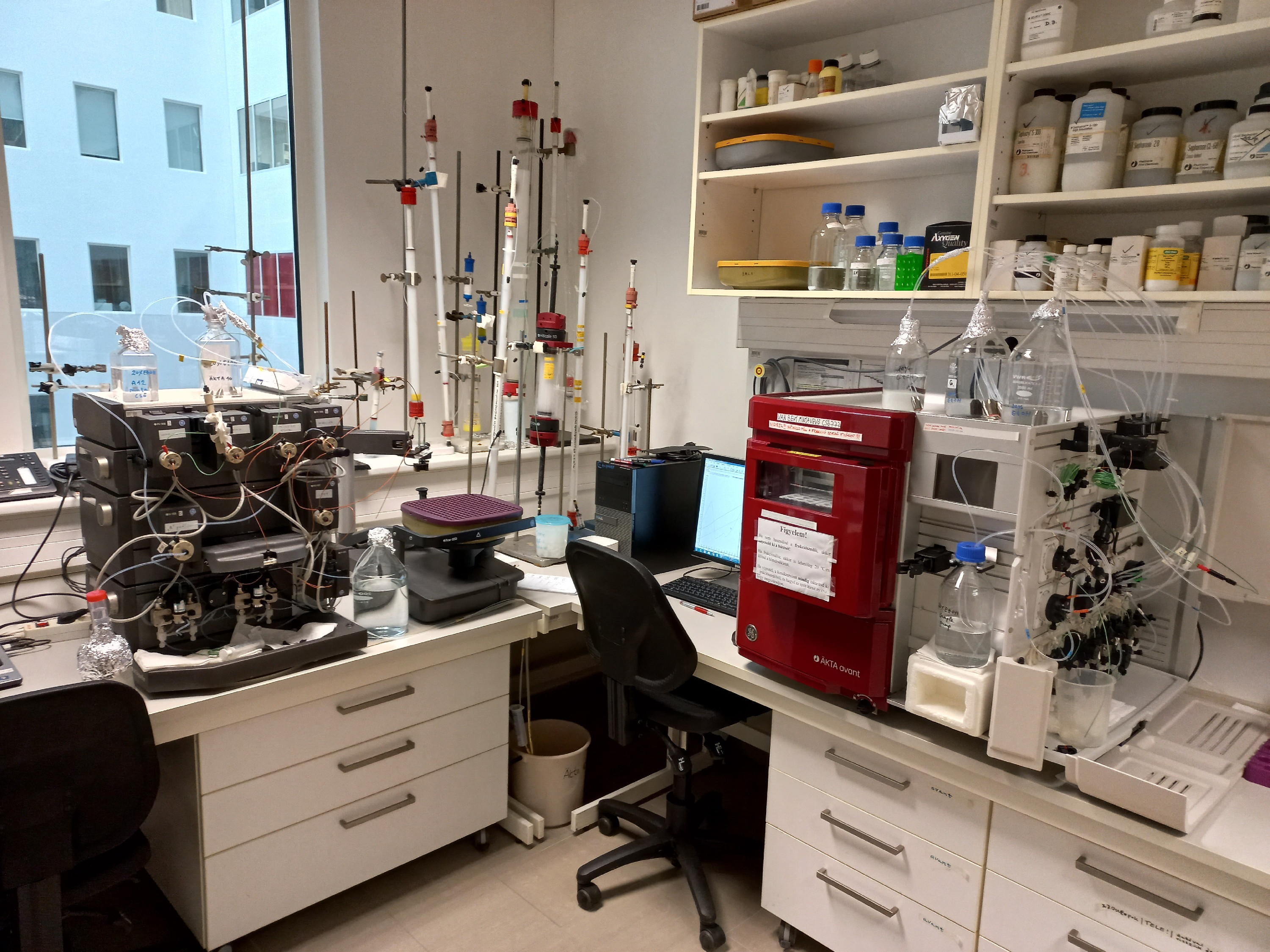Breakthrough in Preventing Organ Damage: Hungarian Researchers Develop a Novel Protein Therapeutic
When a blood vessel becomes blocked — such as during an organ transplant, heart attack or stroke — the affected organ is deprived of oxygen, prompting cells to display distress signals on their surfaces. Researchers from the joint venture between the Faculty of Science at Eötvös Loránd University (ELTE) and the HUN-REN Research Centre for Natural Sciences (HUN-REN RCNS) have developed a novel protein-based therapeutic that protects the body from the damage caused by oxygen deprivation.
EvolVeritas was founded by researcher-inventors from the Faculty of Science at Eötvös Loránd University (ELTE) and the HUN-REN Research Centre for Natural Sciences (HUN-REN RCNS). Led by Gábor Pál and Péter Gál, the company has developed a unique therapeutic agent through the directed evolution of a human protein. The patented compound, EVO24L, prevents organ damage caused by oxygen deprivation.
How does it work?
When a blood vessel becomes blocked and an organ is deprived of oxygen — for example, during an organ transplant, heart attack or stroke — cells display distress signals on their surfaces. Although blood flow can be restored using thrombolytic drugs or catheter-based interventions, the fresh blood that delivers oxygen and nutrients also carries immune proteins that recognise these signals. One of these, the MASP-2 protease, triggers a cascade of inflammation that can lead to life-threatening organ damage.

EvolVeritas’s new compound, EVO24L, prevents inflammation and subsequent tissue damage by perfectly and durably blocking the active site of MASP-2.
EVO24L was tested by an Australian research group specialising in nephrology. They used an animal model specifically designed to study organ damage caused by oxygen deprivation associated with kidney transplantation. In the study, animals that received a placebo developed kidney failure, while those treated with EVO24L maintained normal renal function and preserved kidney tissue.
The spin-off company, founded by the inventors and based on joint research between the Faculty of Science at ELTE and the HUN-REN RCNS, develops ultra-selective compounds through directed protein evolution. These compounds inhibit inflammation as well as infections caused by SARS-CoV-2 and influenza viruses. The company is currently in negotiations with leading global pharmaceutical companies and investors regarding the potential application of its innovations.
Details of the research have been published in the prestigious journal Proceedings of the National Academy of Sciences (PNAS).

